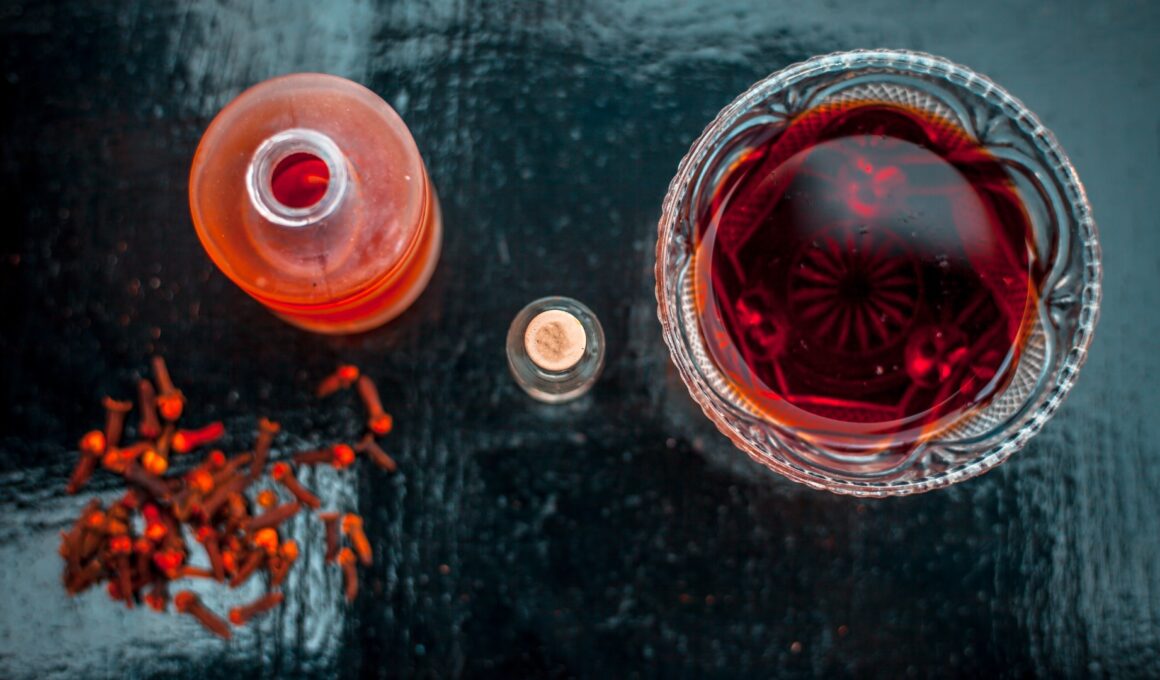If you are Chinese or have any Chinese friends, then you may have noticed what’s called an ‘alcohol flush reaction’ or ‘Asian glow’. In other words, when some Asian’s drink alcohol, they experience a redness or even blotchiness after their first few drinks.
If you experience this reaction yourself, then you might be interested to know what causes it and understandably you may be concerned that it’s a sign you should stop. So what is this flush reaction and what precisely is your body trying to tell you?
The Cause of Alcohol Flush Reaction
This reaction is caused by an accumulation of a substance called ‘acetaldehyde’. This is a metabolic by-product of the catabolic metabolism of alcohol. In other words, it is a substance created as a ‘left over’ when your body breaks down the alcohol. This is only an issue with those who have an aldehyde dehydrogenases deficiency. Aldehyde dehydrogenases are enzymes used to break down aldehydes (generated by alcohol oxidation).
Some studies, like this one, have linked alcohol flush syndrome with an increased risk of oesophageal cancer in Asians who continue to drink. On the plus side, it has also been associated with lower than average rates of alcoholism – understandably! It’s also thought that those with the condition may be better at protecting some internal organs from damage.
To put it simply then, breaking down alcohol results in some by-products. In most people those by-products are mitigated by certain enzymes, but in those with a deficiency in these enzymes, the by-products survive and cause a rash.
Why Asia?
The next question is why it is so common in Asia and more common in specific regions.
One myth that attempted to explain this stated that Europeans adapted to alcohol consumption during the middle ages when drinking alcohol was necessitated by unclean drinking water. In China this didn’t happen and so the theory goes that the Chinese didn’t develop the necessary mutations that would help them to metabolise the alcohol.
There are holes in this theory however, and more recent research now suggests that the answer is to do with rice.
It may actually be caused by a mutation of a specific gene (ADH1B*47His) that leads to the alcohol flush response, and this allele first appeared when rice was first cultivated in China. And in fact the geographic distribution of the allele across East Asia seems consistent with the regions known to have first domesticated rice. This might be linked to the fermentation process of rice. Other theories blame a gene variation called ALDH2 which could be responsible for a less functional acetaldehyde dehydrogenase enzyme but also be protective against some of the damage caused by alcohol. It is also thought that this mutation could have been selected for owing to its protective ability to limit alcohol consumption.
Those who experience facial flushing are thought to be either homozygotes or heterozygotes – with either one or both alleles showing low activities. Homozygotes are more likely to find alcohol consumption unpleasant, while heterozygotes are more likely to continue drinking despite elevated risk of oesophageal cancer.
Should You Stop Drinking?
So with all that in mind, should you stop drinking if you get the flush response?
Obviously the answer to this question is going to be up to you and will depend on just how concerned you are, as well as how big a fan of alcohol you are.
One point to remember though is that the oesophageal cancer risk is higher but still relatively low (compared with the risk of liver disease!) and will only apply to those with a particular type of the mutation. The other important factor to remember is that there are many things that increase our chance of cancer including burned toast and some coloured Smarties (or at least they used to). You can’t completely avoid carcinogens, and using a healthy diet and lifestyle will mitigate some of the risk. If you enjoy the occasional drink with friends and don’t mind the flushing, then there’s no reason to stop. No one should be drinking alcohol excessively, it may just be that you have one more reason to avoid doing so.





Remarkable things here. I am very happy to peer your article. Thank you so much and I’m taking a look ahead to touch you. Will you please drop me a e-mail?